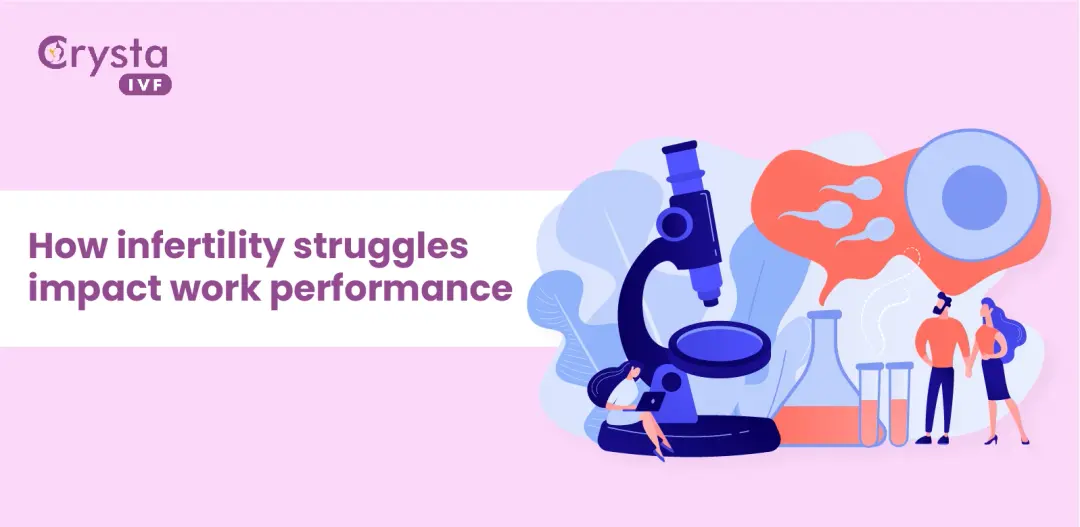There are many causes of infertility which may be due to the male, female, or both. In some cases, the cause of infertility cannot be determined. Such cases of infertility come under the heading “unexplained.” Among the known causes, the majority of women suffer from irregular ovulation, endometriosis, and blocked fallopian tubes. The most common cause in men is a disorder related to sperm.
Pregnancy can have a negative impact on self-esteem. People who have already completed life planning feel that they have lost control over their own destiny. Experiencing the disappointment of not conceiving or being unsuccessful in holding a pregnancy every month can make them feel depressed.
An estimated 70 to 80 million couples now suffer from infertility worldwide. Childbearing is an important part of many people’s lives; therefore, infertility, or being unable to bear children, can be a major problem in life.
Infertility appears to be more prevalent in urban areas. Infertility is a condition that can affect all aspects of a couple’s life. In particular, it also deeply impacts working people.
How does infertility affect job performance?
Work tips are always available to put the worries out of the workplace, but at some point in life, that may not be possible. Struggling to get pregnant while planning to start a family is one of the most difficult, stressful, and sad experiences anyone can have. In these situations, professionals should be encouraged to talk to their employers about such difficulties.
Lack of interest at work:
Women suffering from severe reproductive health issues, particularly infertility, may experience difficulty in the workplace.
Reproductive health problems can have a significant effect on the mental health of women. For example, fertility problems and their treatment can potentially be a leading cause of stress, anxiety, and depression.
In fact, from the study, it is found that more than 80% of infertile women regularly feel depressed, which negatively impacts their overall health and day-to-day life, especially if they are working women. This may cause short-term absentmindedness during official work. and also contribute to long-term sickness and distress to such an extent that their quality of life may be greatly affected. This situation may lead to a lack of interest in work.
Unemployment and loss of job:
Job loss or unemployment may also be a source of concern for them, especially if they are considering IVF treatment in case natural fertility fails. Because difficulty may arise in managing the complex IVF procedures, including regular diagnostic tests and medical appointments, The IVF treatment also causes a financial burden as well.
Low productivity and less work engagement:
Again, the adverse effects of infertility may also impact work performance, such as decreasing concentration at work and low job performance, which could lead to loss of work productivity.
Fortunately, psychiatric interventions with a particular focus on stress management and problem-solving training have been shown to be beneficial for people with infertility. Infertile patients, especially those aimed at managing stress and teaching coping skills, have a positive effect on infertile patients.
Because of the social effects of infertility, in many cultures, childless women feel rejection, discrimination, and shame if they do not conceive or give birth. They may be considered cursed and treated as non-humans by society. This situation is exacerbated by the fact that these women feel unsupported, both emotionally by their own family and financially. With so much public pressure, infertile couples may begin to cover up the problem.
Infertility is a stressful problem faced by individuals and couples all over the world. For both partners, pregnancy is a complex situational issue that is often associated with mental health issues like depression, financial distress, and physical stress resulting from diagnosis and surgery. Infertility affects physical, emotional, social, emotional, and financial well-being. Although there are no life issues, infertility can still be a stressful event for childless couples.
So, people with infertility face situations that cannot be addressed by coping strategies. In dealing with the stress of parents without children, self-efficacy, experience, and the support of social communities are essential.
Checkout our other blog for Workplace Guide For Infertility




